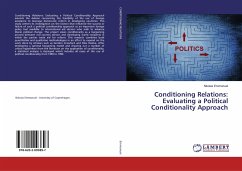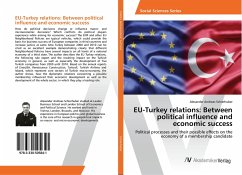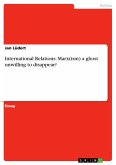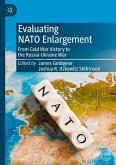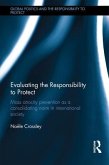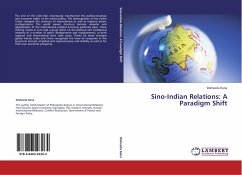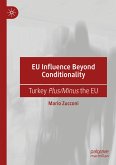Conditioning Relations: Evaluating a Political Conditionality Approach extends the debate concerning the feasibility of the use of foreign assistance to leverage democratic reform in developing countries. This study centers its investigation on the factors that influence the success or failure of such a political conditionality approach as an important foreign policy tool available to international aid donors who wish to advance liberal political change. The project views conditionality as a bargaining process between rich-country donors and developing world recipients in which the parties trade aid for reform. This research combines both quantitative and qualitative methodologies in an effort to expand on the work done by scholars such as Gordon Crawford and Olav Stokke. After developing a general bargaining model and drawing out a number of critical hypotheses from the literature on the application of conditionality, a statistical analysis is deployed which includes all cases of the use of political conditionality from 1990 to 1999.
Hinweis: Dieser Artikel kann nur an eine deutsche Lieferadresse ausgeliefert werden.
Hinweis: Dieser Artikel kann nur an eine deutsche Lieferadresse ausgeliefert werden.

